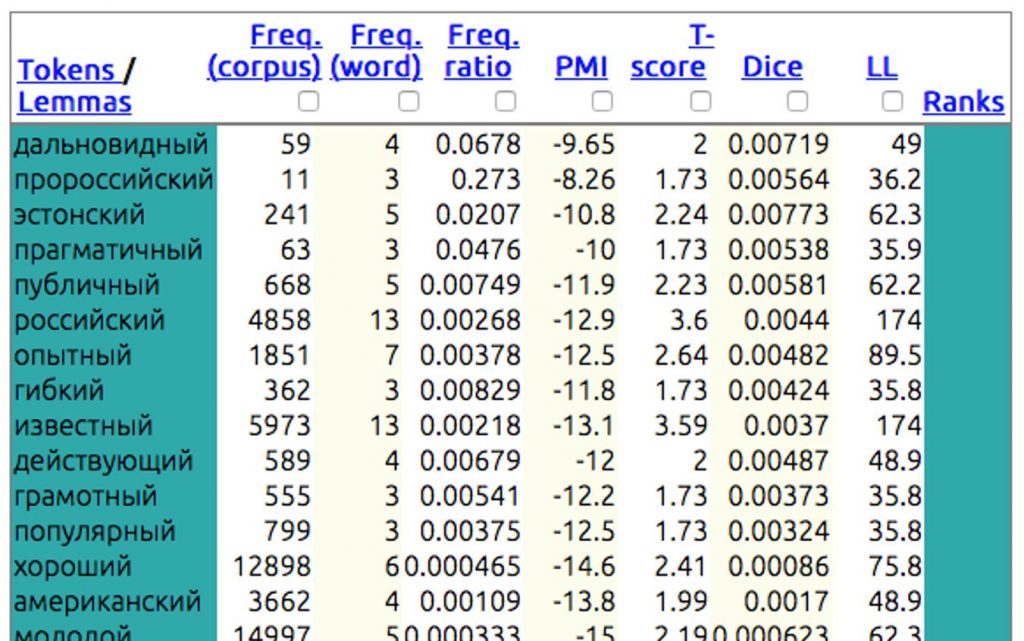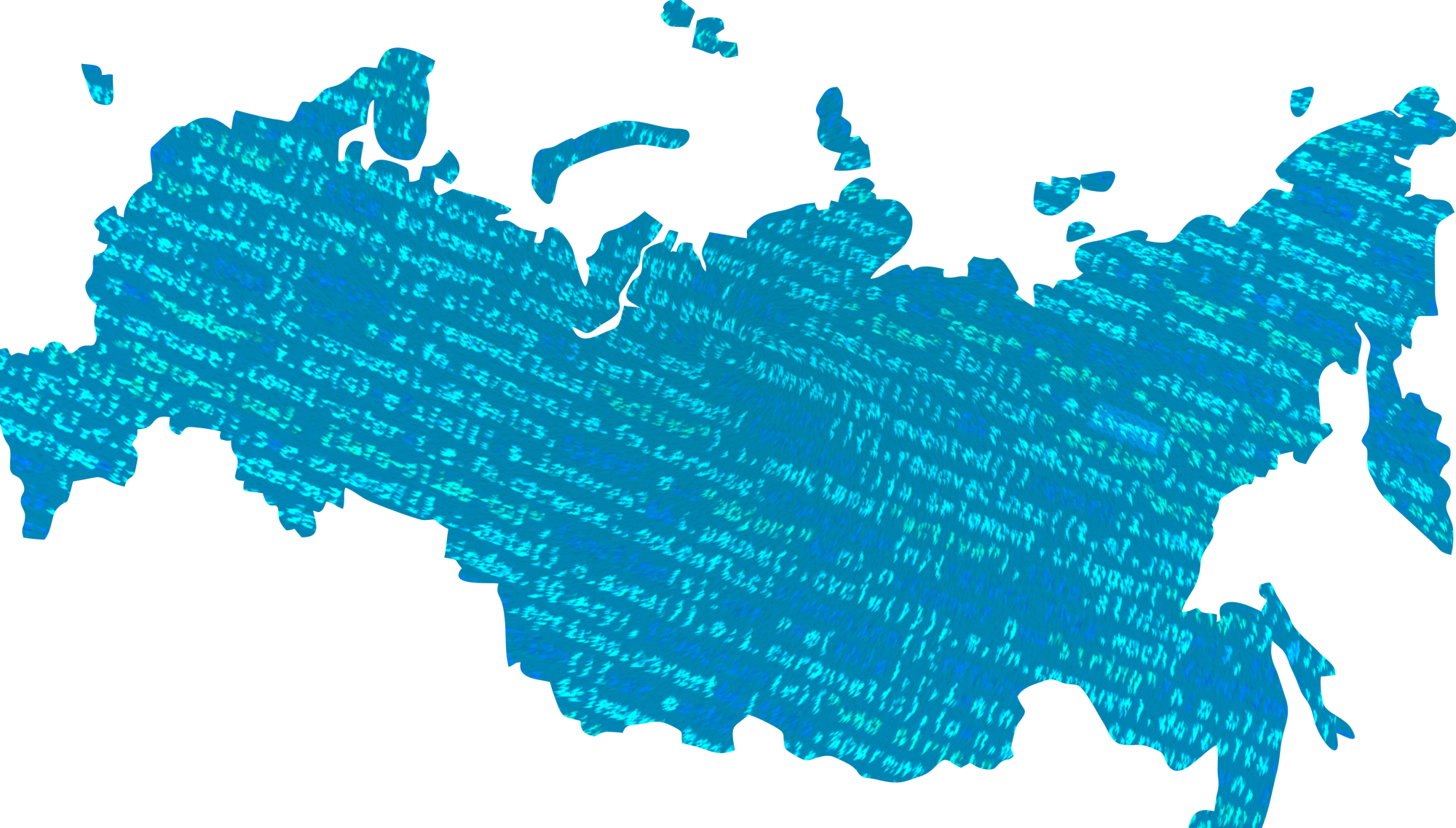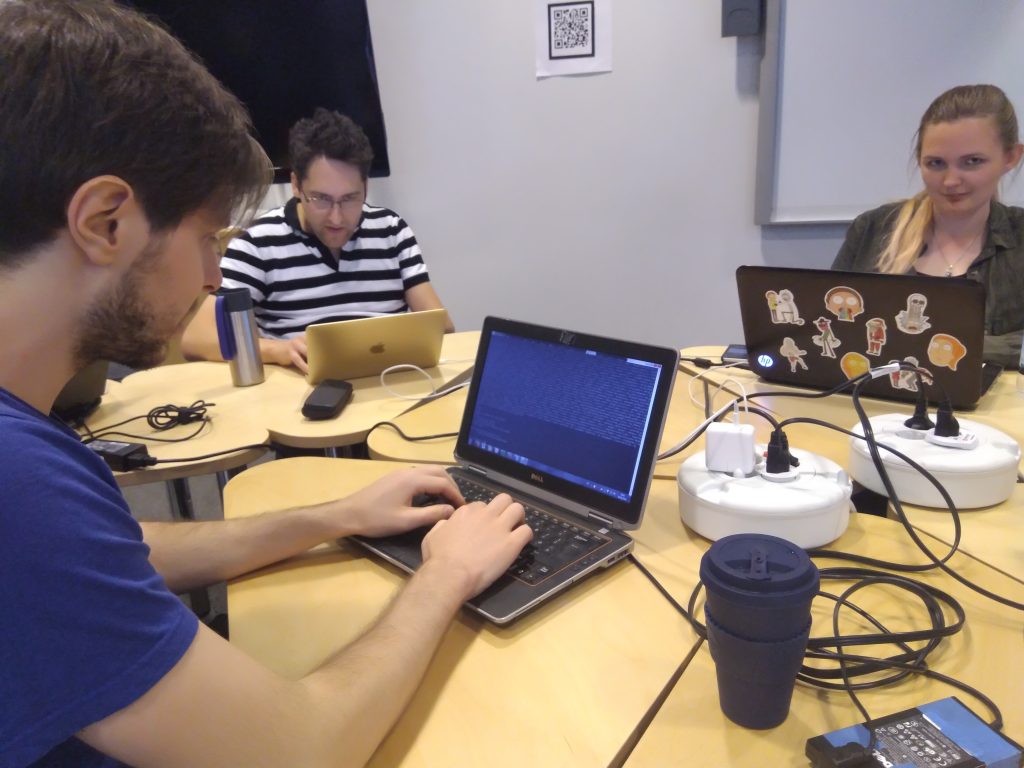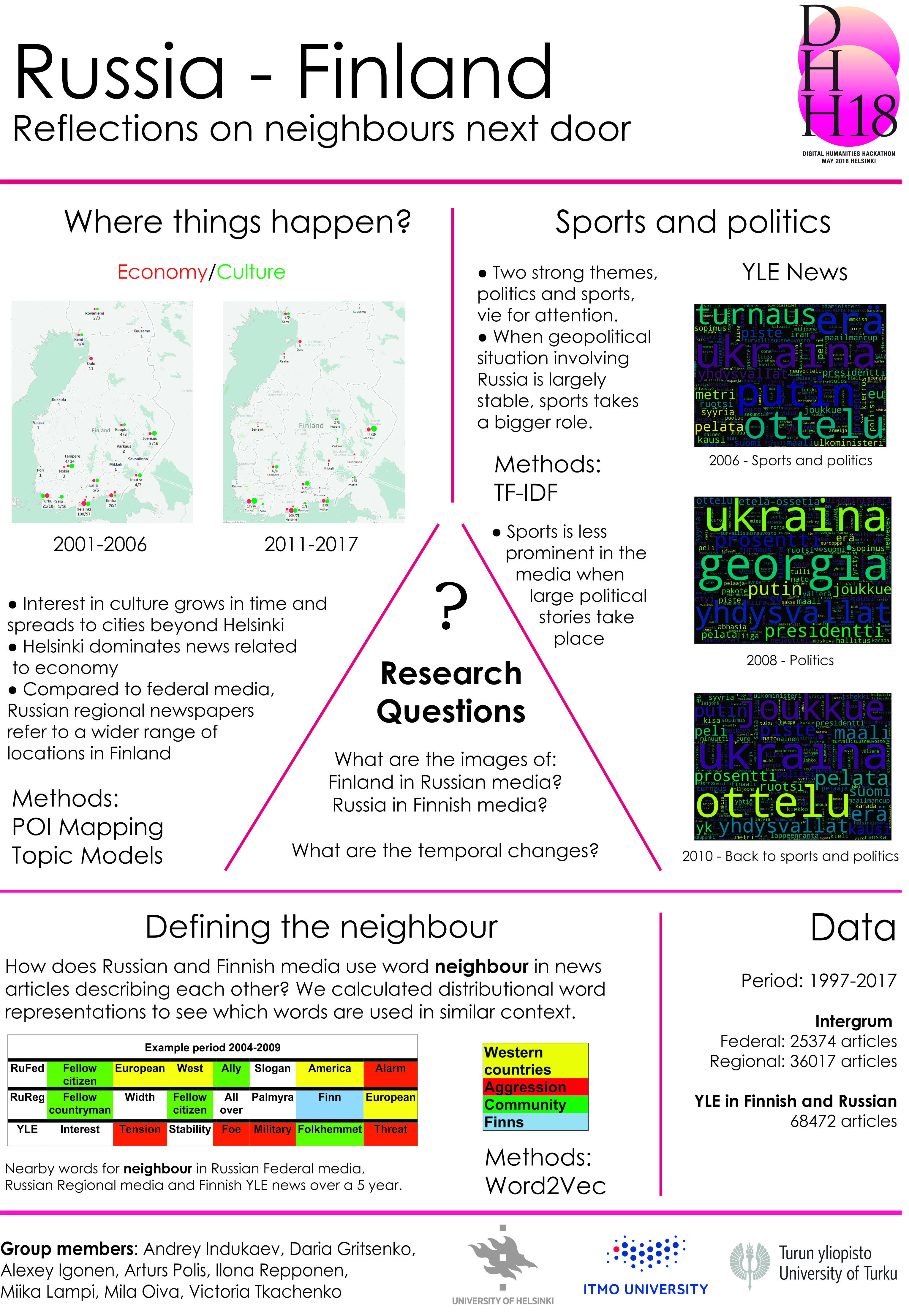On 13 June, we had two speakers from UH, Dr. Mikhail Kopotev and Dr. Saara Ratilainen. Besides, a special guest from St. Petersburg State University, PhD Maria Khokhlova, gave her talk.
Dr. Mikhail Kopotev, a researcher of Russian language, presented Dissernet, a network community of volunteer experts who work against plagiarism in research and educational field with focus on economics, pedagogies, law and history. The community goals at revealing on the one hand politicians, university rectors in dishonesty. On the other hand, academic journals are also their target. According to statistics, dissertations have nowadays less elements of plagiarism than some years ago due to awareness of quick detection.
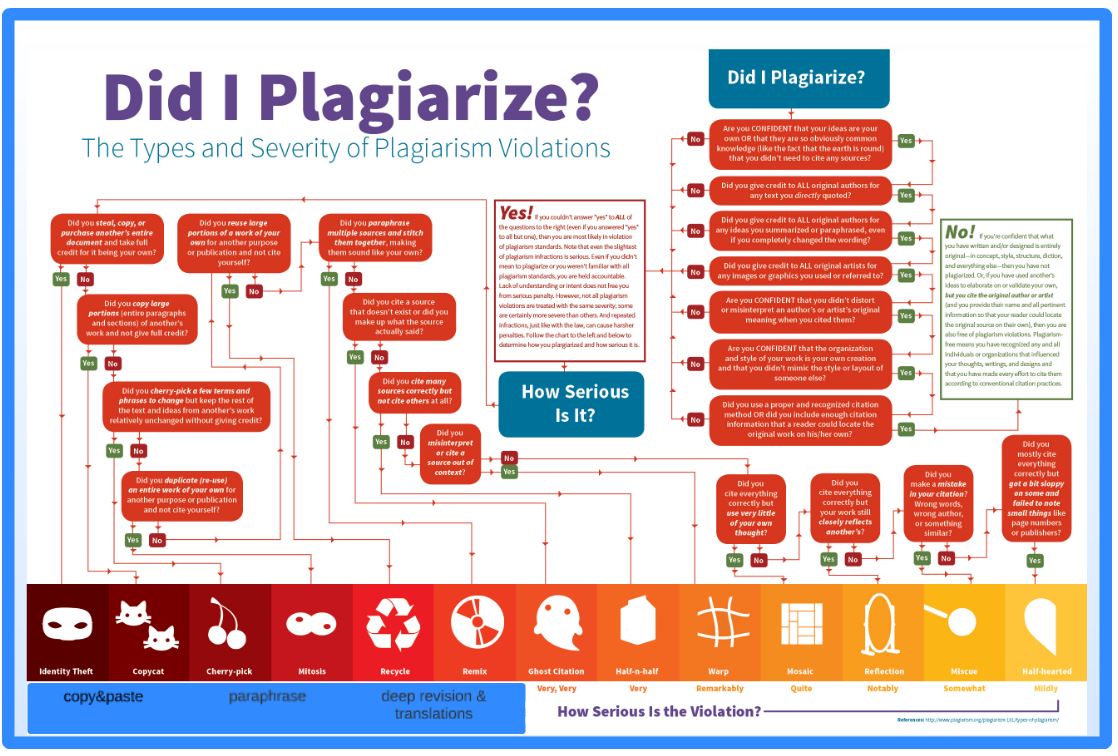
In his talk, Dr. Kopotev showed linguistic tools for investigating plagiarism. The first tool, ‘disserorubka’ (thesis-grinder), analyses identical chains of symbols and measure distances between them, giving the results of direct copy-paste. Dictionary-based methods are used to detect paraphrasing for example, in terms of nominalization (i.e. changing verbs into nouns). Being pioneer in their field, Dissernet applies a special tool for English, Russian und Ukrainian to find this out if translated plagiarism has occurred. Furthermore, deep revision is indeed carried out to detect plagiarised parts by using distributional semantics, i.e. contexts of words in vectors. There is also a visualizing tool to create a semantic fingerprint for a whole text and fabric networks for visualizing relations between scientists. Dr. Kopotev’s topic generated an interest among us. Legal consequences of plagiarism, impact of community’s work, ways to apply same methods for other purposes were discussed.
The seminar was continued by Dr. Saara Ratilainen who has background in philology and media studies. Nowadays, online magazines are described as linked culture, covering digital market and data. In her research, Dr. Ratilainen investigated the transformation of printed media into digital forms from perspective of algorithmic culture. Two case studies were presented: Afisha Daily, a Moscow-based commercial magazine, and Inde, a Kazan-based online magazine funded by Tatarstan. Ratilainen analysed the magazines and interviewed magazine’s directors and editors.
Having new concepts and dynamic approaches, teams behind magazines were inspired by possibilities digitalization has provided. The study also showed that magazines were seeking after cultural impact despite the time pressure in the web world. They were also aware of other challenges in digital era such as fancy for visualization and videos. Still, viewing website as one channel among others and competing for audience, magazines managed to diversify by using social media and creating platforms such a book festival. After the talk, such questions as defining the authority to evaluate culture and distribution of power were arisen.
Since this DRS seminar closed the first bath, we celebrated it with pizza round-table and announced that next seminars will be held in fall 2018 and their programme is already under preparation. The seminar culminated in presentation on collocations by PhD Maria Khokhlova, a computational linguist. Defining collocations as usual context words around particular word, there are different approaches and tools to measure them including dictionaries, statistical methods, linguistic model etc. PhD Khokholova showed different databases and an instrument called Sketch Engine System for investigating collocations. These linguistic methods interested participants in terms of using them in research. At the end of seminar, it was agreed that a workshop on corpus creation and management is indeed required to support researchers.
